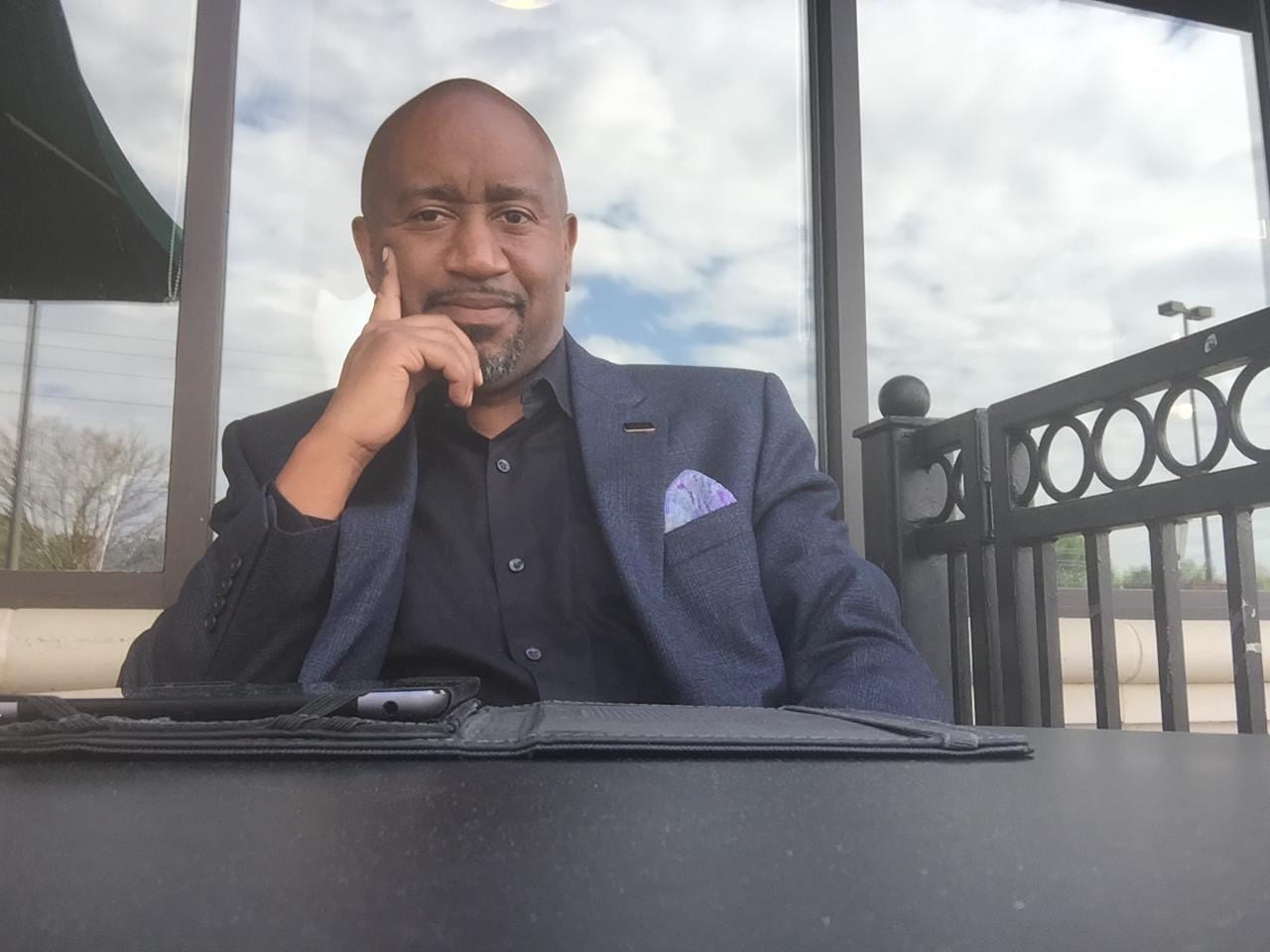Respect, Embrace, and Advocate: A New Definition of Success
By Andrew Snorton (’93), Owner at Creative Community Solutions and Published Author, in Atlanta, GA
To be successful on an individual and collective level, professionally and beyond, is one of the goals people have. How do we get there? How do we measure it? One of the components that empowers each of us to be successful is support, knowing that it too may vary how it looks from place to place, person to person. Here are a few things to consider in having the constructive and critical conversations needed to support others in their personal and professional lives as well as to seek out the support that you need, not just in our “now-normal”, but beyond:
Respect. This is a seemingly easy concept to comprehend. In the workplace or the classroom, it’s about meeting people where they are, identifying what strengths they bring to the proverbial table, along with understanding where they are trying to go. It’s about building someone up compared to tearing them down.
Embrace multiple approaches. Time and time again, we hear the term “best practices”; that does have its space and place, but a better term may be “better practices.” It’s understandable to have some reservation about doing things differently from what you are used to, but if the now-normal is teaching us anything, the way we do things is subject to change. Ranging from applying atypical approaches to our instruction, engagement, work processes, or even communication, we have to understand our way may not always be the best way of doing things. If we allow ourselves to be more open, we can better incorporate the best of what people “bring to the table,” and in doing so, have a far more encompassing reach with what we do.
Advocacy. We think of advocacy when it comes to social issues. We need to think about this concept in our workplaces and other spaces. Mentoring and being that formal or informal resource on a consistent basis is something that can be incorporated across ethnic background, gender, and other attributes, and can produce “win-win” scenarios for all involved as together, everyone achieves more. It could be in the form of taking a stand on an area of concern, and while doing so may not always be easy or comfortable, many of us have access to the spaces we are in and have the ability to speak up and out for others.
These are themes and concepts I focus on incorporating within my own work. Respect, embracing multiple approaches, and advocacy help me with the clients I am fortunate to work with, as well as those on the horizon. Simply having someone believe in you goes a long way, at times beyond your own imagination and expectations.
What are other concepts we can incorporate and continue to learn and apply to make our work spaces and relationships better?
Please share your ideas to @asnortonccs (on Instagram and Twitter) and @authorasnorton (on Instagram and Twitter).
Through his business Creative Community Solutions, Andrew provides education-based services along with press/media interfacing for businesses and special events. As a published author, his 2019 Top-1000 books via the Author Academy Awards (Deeper than your deepest sleep: thoughts on love with Joseph Snorton along with 9 stories of faith: volume 1) are available at the Wake Forest University main campus bookstore, online (Amazon), and bookstores across the Southeast.

